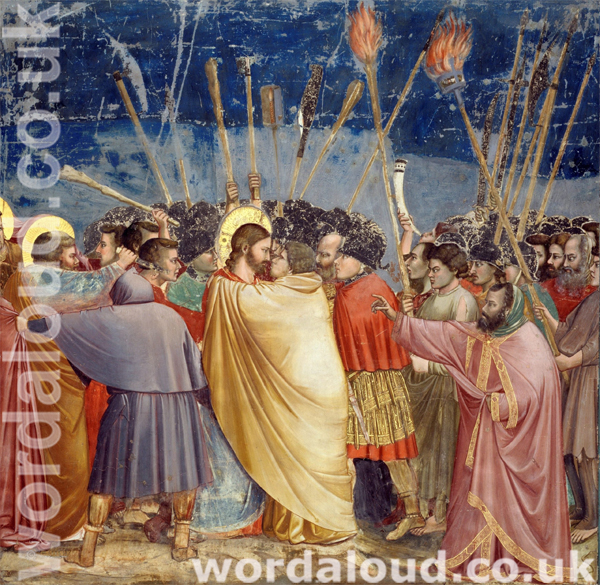Christian Art | Prayer With Jesus | Meditations On The Love Of Jesus Christ
Matthew 5: 1-12 | King James Audio Bible | KJV | King James Version
‘Blessed are the meek: for they shall inherit the earth.’ (Matthew 5:5, KJV)
Being ‘meek’ refers to having a gentle and humble attitude, not being proud or arrogant. In this Beatitude, Jesus teaches us that those who possess a meek and humble spirit are blessed and will receive the inheritance of the earth. It speaks of a future reward and the ultimate fulfilment of God’s promises.
Beatitudes Living In The Light Of Jesus Christ | Meditations On The Love Of Jesus Christ
In a world that often values dominance and self-promotion, Jesus offers a different perspective on true blessedness. Jesus teaches us that those who possess meekness are blessed, and they will inherit the earth.
Meekness is not about weakness or being a pushover; it’s about having a humble and gentle attitude. Meek individuals recognize their limitations and need for guidance. Instead of seeking power and control, they trust in a higher authority and submit to a larger purpose.
Jesus exemplified meekness through his actions. Despite having immense power, Jesus chose to serve others, show compassion, and sacrifice for their well-being. Jesus demonstrated that genuine strength lies in selflessness and aligning oneself with a higher purpose.
To ‘inherit the earth’ means receiving the blessings and promises of God’s kingdom. It’s not about owning land or material possessions, but experiencing a deep sense of fulfilment, peace, and contentment. Meek individuals find their worth in their relationship with God, not in external achievements or possessions.
Living with meekness enables us to build meaningful relationships. It fosters understanding, empathy, and respect for others. Meek individuals promote peace and seek reconciliation, contributing to a harmonious community.
Practising meekness requires trusting in something beyond ourselves. It means accepting that we don’t have all the answers and acknowledging our dependence on a higher power. It is an invitation to embrace humility and recognize that we are part of a bigger picture.
So we align ourselves with God’s purpose and participate in God’s redemptive work in the world. We become instruments of love, compassion, and justice, bringing positive change to our surroundings.
‘Take my yoke upon you, and learn of me; for I am meek and lowly in heart: and ye shall find rest unto your souls.’ (Matthew 11:29, KJV)
Prayer To Jesus | Love Revealed By Jesus Christ
Lord Jesus, in a society that values material possessions and worldly achievements, remind me that my true inheritance is found in you. Help me to seek your kingdom above all else and to treasure the eternal blessings you have prepared for me. Amen
![]()
![]()








